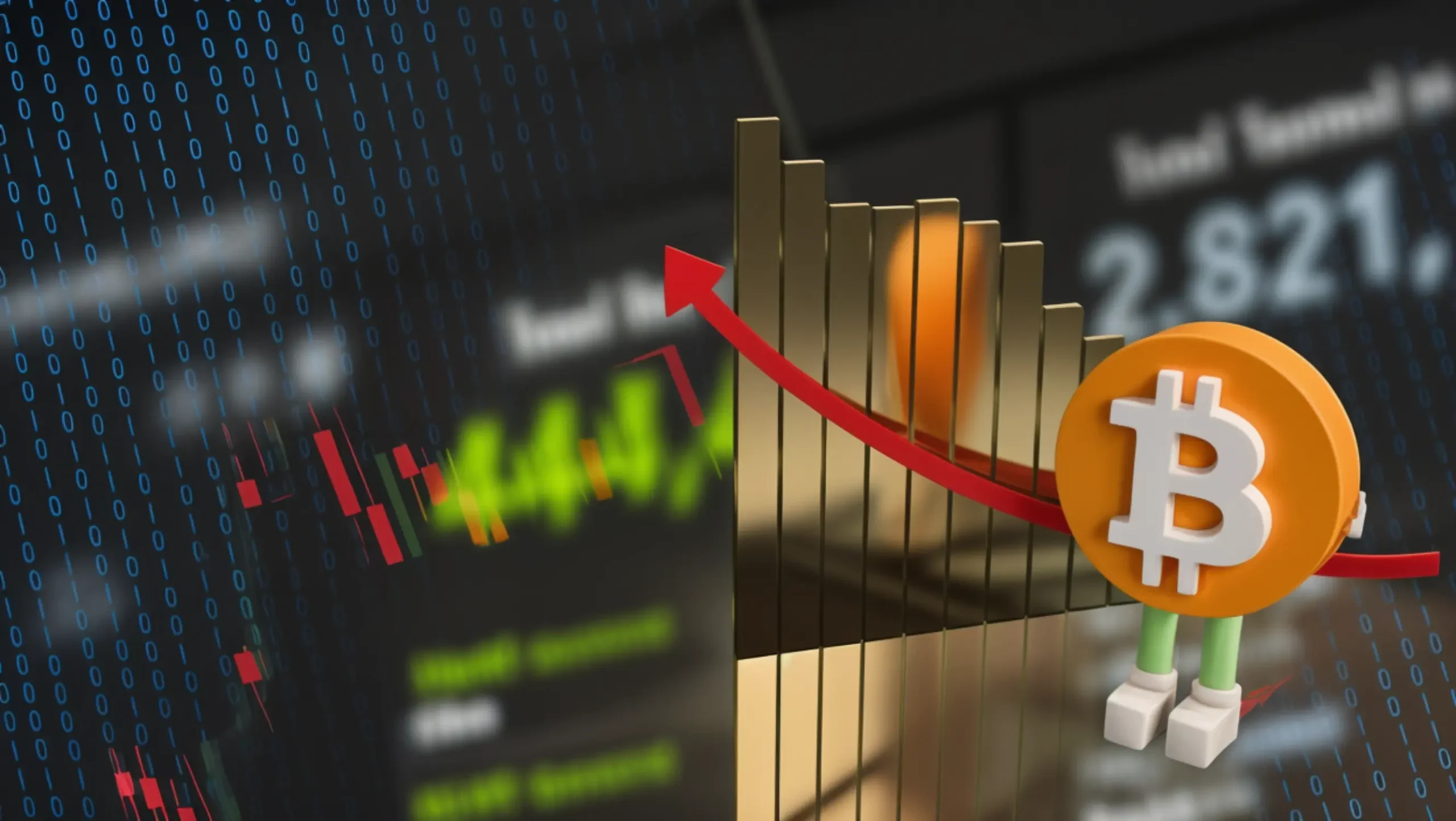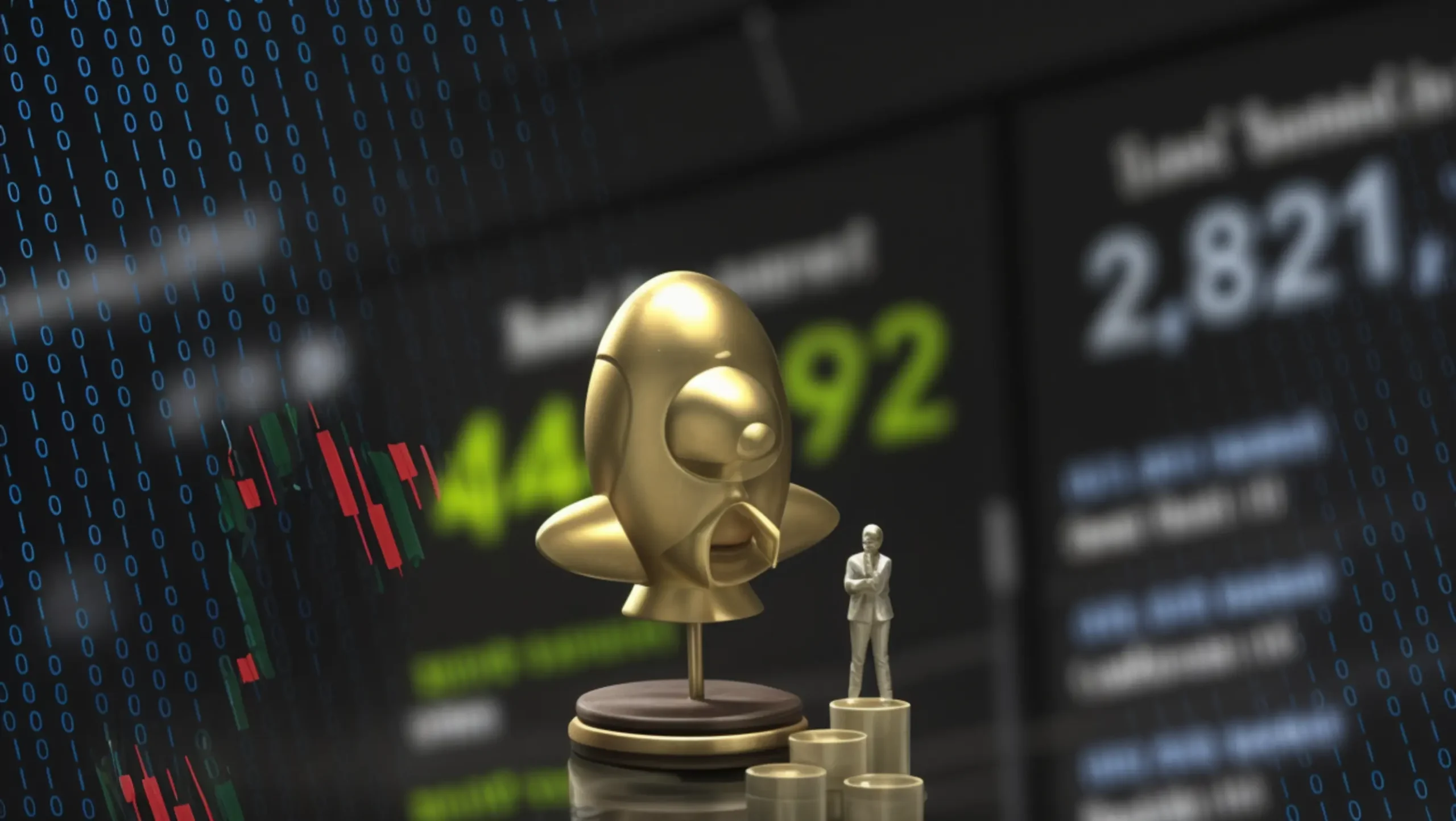What No One Tells You About Bitcoin Regulations in Germany
Germany is at a crossroads concerning Bitcoin regulations, reflecting broader trends in the digital economy. This article explores the current state of Bitcoin adoption in Germany, debates surrounding regulatory frameworks, and the implications for the future of the crypto economy.
Lead/Summary
This blog post delves into the intricacies of Bitcoin regulations in Germany, examining ongoing debates, market trends, and expert insights that highlight the unique position of Bitcoin in the country’s financial framework.
Understanding Germany’s Bitcoin Regulatory Landscape
Bitcoin has emerged as a pivotal player in the global digital economy, and Germany stands as a key market in this transformation. With rising interest in cryptocurrencies, understanding Germany’s regulatory environment becomes essential. The current regulatory landscape is shaped significantly by both government input and market dynamics. Recent proposals by the Alternative for Germany (AfD) suggest a unique perspective on Bitcoin’s regulatory status. Their advocacy for minimal regulations under the EU’s MiCA framework aims to carve out a niche for Bitcoin as a distinct financial asset rather than lumping it with all cryptocurrencies. As the AfD states, Bitcoin should be recognized for its characteristics—decentralized and limited—making it distinct from other digital currencies, thereby protecting financial sovereignty and fostering innovation across the sector.
The Value of Bitcoin for Germany’s Financial System
Bitcoin’s Role in Financial Sovereignty
Bitcoin’s potential to foster innovation and provide financial sovereignty is highly regarded. Major financial institutions in Germany, including Deutsche Bank and Bundesbank, are exploring the implications of Bitcoin on their operations. This exploration reflects a broader acceptance that Bitcoin may be key to navigating future economic challenges. According to recent reports, Germany recorded significant transactions in Bitcoin, amounting to $219 billion between July 2024 and June 2025. This impressive figure underlines Bitcoin’s growing footprint and importance within Germany’s economic landscape.
The Growing Trend of Bitcoin Adoption in Germany
Statistics and Market Growth
The advent of Bitcoin adoption in Germany has been characterized by an upward trajectory. With Bitcoin increasingly becoming a part of daily transactions, the nation’s crypto economy is witnessing transformative changes. As interest in Bitcoin grows, many individuals and businesses are integrating it into their financial practices. The emerging digital euro also plays a role in shaping consumer attitudes towards Bitcoin. In fact, many experts suggest that the coexistence of a digital euro alongside Bitcoin could lead to variations in transaction preferences and adoption rates across demographics. This synergy shapes how we view cryptocurrency in relation to traditional economic frameworks.
Insights from Experts on Bitcoin’s Market Conditions
Current Analysis by Financial Experts
Jim Wyckoff’s insights on Bitcoin’s current market conditions reveal a stable environment that is conducive to investor confidence. His analysis, which often appears in well-regarded publications, emphasizes the importance of viewing Bitcoin as a strategic asset. He notes that understanding the financial landscape requires continually monitoring fluctuations in both traditional and digital assets. As noted in his latest analysis, the economic and financial markets are interlinked, especially concerning commodities and cryptocurrencies, for making informed investment decisions.
The Future Outlook for Bitcoin Regulations in Germany
Predictions for Regulatory Changes
The regulatory landscape for Bitcoin in Germany is continuously evolving, with implications for the broader crypto economy. Experts predict that there may be significant regulatory changes aimed at enhancing clarity and stability in the market. Some foresee Bitcoin gaining status as a strategic reserve asset, similar to gold, which could reinforce its value proposition. The consensus among financial analysts is that if Germany adopts more clearly defined regulations, it will positively impact investor confidence and foster innovation across the sector. Thus, engaging with these changes will be critical for participants in the evolving cryptocurrency ecosystem.
Engage and Share Your Thoughts
How do you see Bitcoin regulations evolving in Germany? Share your thoughts in the comments below!
Germany stands at a pivotal juncture; the interplay of innovation and regulation will undoubtedly shape its crypto future.



